If your child is experiencing stress, anxiety or difficulty falling asleep, hypnotherapy may be able to help them. Pediatric hypnosis is an effective and evidence-based psychological therapy tool that can help children decrease stress and anxiety, achieve goals, build confidence, decrease chronic pain, improve focus and attention, reduce excessive fears and maximize resilience.
What is pediatric hypnosis?
Despite what you may have seen in movies or on TV, hypnosis is not mind control, nor is it entertainment or performance. Rather, it is an evidence-based, scientifically proven therapy tool that can help your child change a symptom, learn something new or master a new goal (e.g., facing a fear, controlling their anger). During hypnosis your child will be aware of what is going on and cannot be made do anything they do not want to do.
Pediatric hypnosis helps kids use focused attention and imagination to train their brain, create new pathways and learn new skills. The process is a lot like daydreaming on purpose, which kids are good at because they are naturally great at using their imagination.
What issues can be treated with pediatric hypnosis?
Pediatric hypnosis can be used to treat a variety of issues including:
- Anxiety
- Bedwetting
- Behavior issues
- Anger
- Headaches
- Motivation/performance issues
- Phobias
- Sleep problems
What happens during a pediatric hypnosis session?
During a hypnosis session, the therapist will start by inviting your child to focus their attention, and then help them deepen that focus by providing descriptions of a multisensory experience. When children are in a state of very focused attention, they have an enhanced capacity to respond to suggestions and train their brain to create new pathways to learn new skills.
The clinician will then provide suggestions to set positive expectations for the future. The suggestions are focused on the specific needs and goals of each child. For example, helping your child visualize a future where they can master a goal like falling asleep without a parent nearby, or face a fear or control their anger. This process helps your child’s brain rewire and start to figure out how to respond to achieve that goal.
How many sessions will my child have to have before seeing results?
While it often takes weeks or months hypnotherapy sessions to obtain the enhanced ability to regulate emotions and sensory experiences, sometimes a few sessions are enough to help children change some sensory experiences. For example, in a single session a child going to the hospital for a potentially painful procedure can learn to reduce feeling or sensation in the part of their body that may experience pain. Learning a new response to an anxiety-causing situation may take several sessions; as kids practice their new skills at home, they become better able to manage their emotions or sensory experiences and can translate their new skill into the real world.
Best of all, because pediatric hypnosis helps your child learn new skills, once your child masters it they can continue to take it with them and use it wherever they go.
Interested in finding a clinician trained in pediatric hypnosis?
The National Pediatric Hypnosis Training Institute trains clinicians internationally in pediatric hypnosis. They maintain a list of providers, which is a great resource for parents seeking this intervention for their child. This is also a great website to learn more about pediatric hypnosis.
 https://riseandshine.childrensnational.org/wp-content/uploads/2024/12/sad-boy-at-Christmas-feature.jpg
300
400
Rise and Shine
https://riseandshine.childrensnational.org/wp-content/uploads/2017/11/childrens_riseandshine_logo.jpg
Rise and Shine2024-12-04 14:02:302024-12-04 14:04:14How to help kids avoid the holiday blues
https://riseandshine.childrensnational.org/wp-content/uploads/2024/12/sad-boy-at-Christmas-feature.jpg
300
400
Rise and Shine
https://riseandshine.childrensnational.org/wp-content/uploads/2017/11/childrens_riseandshine_logo.jpg
Rise and Shine2024-12-04 14:02:302024-12-04 14:04:14How to help kids avoid the holiday blues


 Laura Gray, PhD, was a clinical psychologist at Children's National Hospital.
Laura Gray, PhD, was a clinical psychologist at Children's National Hospital.



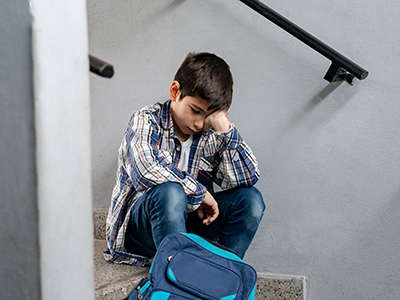

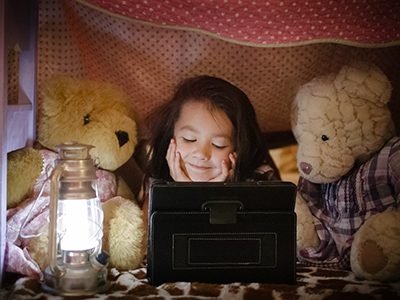
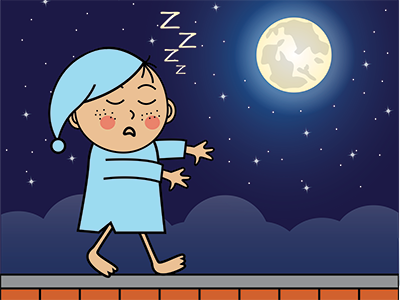
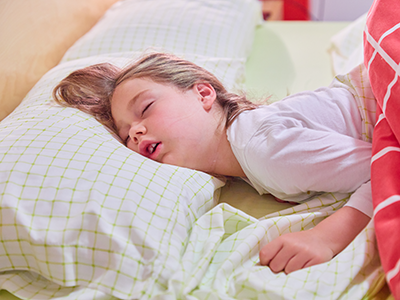








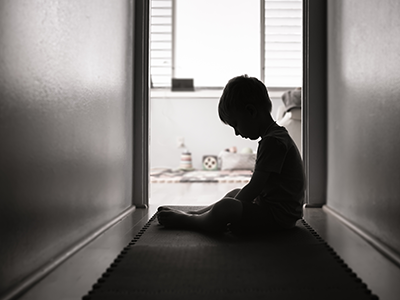
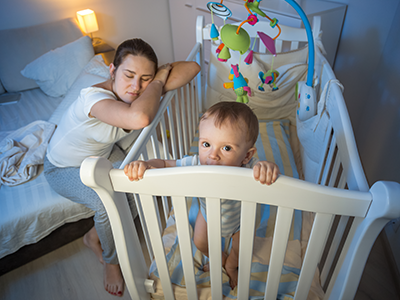
My 12 year old grandson is on the autism spectrum. He is not high functioning like his 16 year old brother; but, he is not severely autistic. He attends a regular school in a special education class. Our problem is his bowel habits. He never has a bowel movement anywhere other than home. The trouble is that he never uses the toilet. He goes in his underwear and will sit in it until someone smells him. Discussion about it turns him into a screaming, hysterical person. He was kept in diapers for years. His parents finally told him no more diapers. They are at a loss. Please advise if hypnosis could help the situation.
Toileting challenges are extremely stressful for both youth and families, especially for older kids. Our first recommendation would be to seek therapy with a behavioral psychologist with experience working with youth on the Autism Spectrum to work on encopresis. There are strong evidence-based approaches using behavioral strategies (setting up routines, schedules, rewards, consequences) for treatment. Bowel management is a common challenge.
Hypnosis has been shown to help with enuresis or encopresis when traditional behavioral approaches have not been effective, but we recommend starting with the behavioral approaches.
The Psychology Department at Children’s National has multiple psychologists and psychological trainees who can offer encopresis treatment.